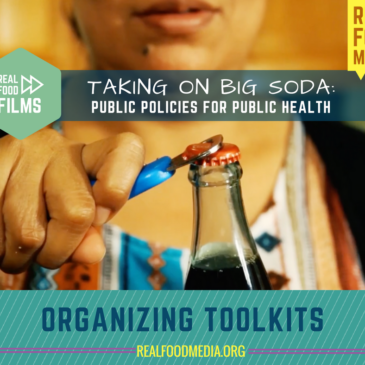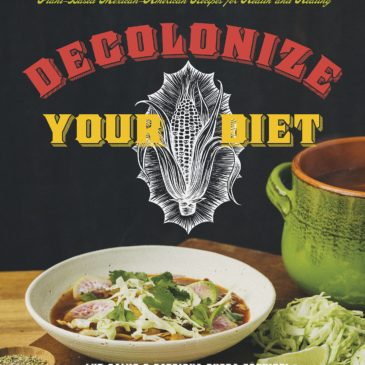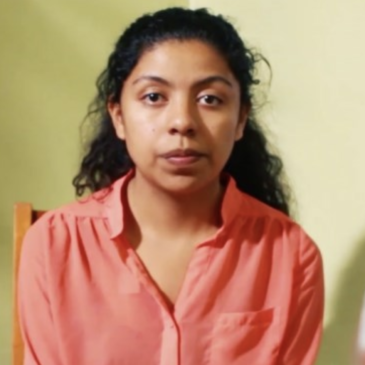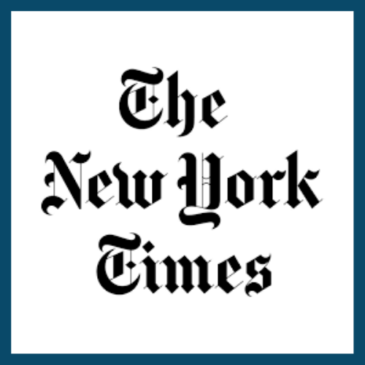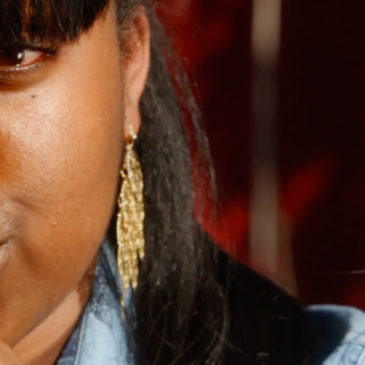Food is fundamental to our health, but today’s global food system is a key driver of diet-related illnesses.
Globally, illnesses related to the consumption of unhealthy food are on the rise. In many parts of the world, where health infrastructure and access to care is limited or nonexistent (including for many in the United States), these illnesses have created an additional healthcare burden. At Real Food Media, we look at how the corporate takeover of food systems around the world floods our communities with unhealthy foods that undermine public health.
One of our main strategies to address this crisis? Taking on the global sugary drinks industry, otherwise known as Big Soda. And we’re not afraid to name names. Because it’s such a concentrated sector, we’re really talking about three companies: Coca-Cola, PepsiCo, and Dr Pepper-Snapple Group.
Why focus on soda? For decades, the science about the impact of sugar on our bodies was buried or denied by a sugar industry looking to deflect blame for rising rates of illness. But today, the science is clear on the harms of sugar—and the single largest source of sugar in our diets is sugary drinks.
Long-term, peer-reviewed studies have clearly demonstrated the links between sugary drinks and a wide range of illnesses, including diabetes, heart and liver disease, and tooth decay. We’re not just talking about empty calories that can be “balanced” with exercise as the industry would like to paint it. We’re talking lifelong chronic health problems caused by sugar that impact our families and communities every day. Drinking just one or two sugary drinks a day can increase the chances of developing Type 2 diabetes by 26 percent. How many of us know someone with diabetes?
The burden of these diet-related diseases is disproportionately borne by low-income people, children, and communities of color—who are also the main targets of aggressive corporate marketing campaigns. According to the American Diabetes Association, African Americans and Latinos are 77 percent more likely to be diagnosed with diabetes than their white peers. In many low-income communities nationwide, 1 in every 2 people either has diabetes or is on the way to being diagnosed with it.
The good news? People power everywhere is taking on Big Soda. We’re connecting the dots between the impact of sugar and calling out its influence in our schools, our hospitals, and our dinner table. Soda tax campaigns and other strategies spearheaded by the communities most affected by health disparities are spreading and making big wins.

